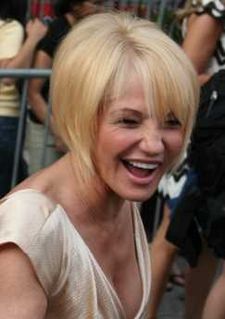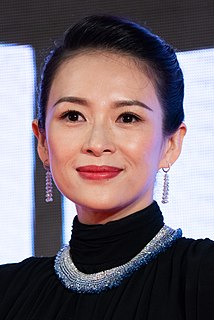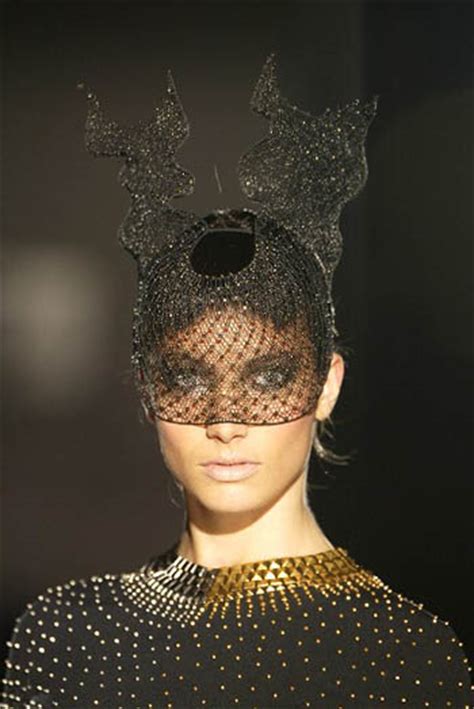A Quote by Arundhati Roy
My mother is like a character who escaped from the set of a Fellini film. She's a whole performing universe of her own. Activists would run a mile from her because they could not deal with what she is.
Related Quotes
My mother didn't feel sorry for herself, she was left with no child support, no alimony at a very young age, with a child to raise, a high school education and she just figured it out. She didn't complain, she didn't rely upon government, she relied upon her own skill set, her own self confidence, her own drive in moxie and her own duty to me and her and she relied upon her family and her faith.
I mean, her father was an alcoholic, and her mother was the suffering wife of a man who she could never predict what he would do, where he would be, who he would be. And it's sort of interesting because Eleanor Roosevelt never writes about her mother's agony. She only writes about her father's agony. But her whole life is dedicated to making it better for people in the kind of need and pain and anguish that her mother was in.
One thing I did have under my belt was, my mother lost her mother when she was 11. She mourned her mother her whole life and made my grandmother seem present even though I never met her. I couldn't imagine how my mom could go on but she did, she took care of us, she worked two jobs and had four children. She was such a good example of how to conduct oneself in a time of grief. When I lost my husband, I tried to model myself as much as I could on her.
I'm Method trained. How is this character like me? What does she think of her mother? What does her mother think of her? It's like construction, and then, yes, you hope you're talented and that the universe aligns and captures the kind of laborer's work you've done and whatever else sprinkles down on you, and it's all caught on film or onstage.
She'd assumed she'd be married and have kids by this age, that she would be grooming her own daughter for this, as her friends were doing. She wanted it so much she would dream about it sometimes, and then she would wake up with the skin at her wrists and neck red from the scratchy lace of the wedding gown she'd dreamed of wearing. But she'd never felt anything for the men she'd dated, nothing beyond her own desperation. And her desire to marry wasn't strong enough, would never be strong enough, to allow her to marry a man she didn't love.
She stared at herself in the mirror. Her eyes were dark, almost black, filled with pain. She'd let someone do that to her. She'd known all along she felt things too deeply. She became attached. She didn't want a lover who could walk away from her, because she could never do that - love someone completely and survive intact if her left her.
The woman who fights against her father still has the possibility of leading an instinctive, feminine existence, because she rejects only what is alien to her. But when she fights against the mother she may, at the risk of injury to her instincts, attain to greater consciousness, because in repudiating the mother she repudiates all that is obscure, instinctive, ambiguous, and unconscious in her own nature.
Elizabeth’s hands flew to her mouth; tears filled her eyes with happiness as she realized he was fulfilling yet another of her and her mother’s intended activities. “Why are you fulfilling all of my mother’s dreams?” she asked, studying his face and searching for answers. “So you don’t run away like she did in search of them,” he replied, taking her hand. “Come on, join in!” he said, leaping around.
The good enough mother, owing to her deep empathy with her infant, reflects in her face his feelings; this is why he sees himselfin her face as if in a mirror and finds himself as he sees himself in her. The not good enough mother fails to reflect the infant's feelings in her face because she is too preoccupied with her own concerns, such as her worries over whether she is doing right by her child, her anxiety that she might fail him.
She [my mother] was the force around which our world turned. My mother was propelled through the universe by the brute force of reason. She was the judge in all our arguments. One disapproving word from her was enough to send us off to hide in a corner, where we would cry and fantasize our own martyrdom. And yet. One kiss could restore us to princedom. Without her, our lives would dissolve into chaos.





































